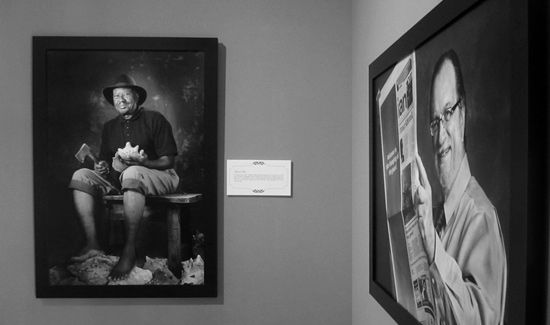In the Department of Statistics Births Report for the period 1970 to 2010 there is an interesting section that relates to illegitimacy — that is, children born to unmarried mothers.
According to the report, births to unwed mothers in The Bahamas escalated during the past 40 years from 29 percent in 1970, to a high of 62 percent in 2009. Births to unwed mothers dropped slightly in 2010 to 59 percent.
“Births to unwed mothers remained the largest annual natural increase to the Bahamian population,” said the Department of Statistics in the report.
The traditional home in which married parents shared the responsibility of child rearing has been eclipsed by a new Bahamas in which mothers primarily carry the burden of bringing up children. Some men who father children to women they are not married to make an effort. Many do not, however.
There are several disadvantages to a society growing via this model. The combined income and attention of two well-intentioned parents in a home far surpass what a well-intentioned mother, burdened by being both a father and mother, can provide to a child.
Beyond resources, children need examples to use to model behaviour. When no father is present in the home, a boy is robbed of an example of how to be, or not to be, a man. Similarly, girls are denied the example of observing masculinity up close when their fathers are missing.
One of the few measures the state can take to influence the reproductive patterns of its citizens is to ensure aggressively that child maintenance laws are tough and enforced. When men refuse to financially help take care of their children they can be taken to court by mothers and made to pay. And they should be made to pay. People are the most important natural resource of any society. Every investment must be made in the next generation to ensure it is as capable as possible to meet the challenges of the times.
The church has a role to play in this issue too. The message must again be aggressively and consistently sent to Bahamians that two-parent homes with focused and dedicated parents are more ideal than homes in which mothers struggle to do it all alone. And when children are born to unwed mothers it must be emphasized from our pulpits that it is morally reprehensible for a man not to take care of his children.
A positive trend in the report is that the number of teenage pregnancies remains significantly under the highs of a few decades ago. According to the report, in 1980 there were 1,107 births recorded to teenage mothers; 763 in 1990; 580 in 2000; and 533 in 2010.
Girls who have not even finished their secondary education are not well-equipped to be mothers. The public education initiatives in place in schools and via the media seem to have had some positive effect on this problem.
Additionally, the state must continue to ensure that men who commit statutory rape and impregnate girls are prosecuted. The aggressive prosecution of these men should help deter others from engaging in this destructive behavior.
Source: The Nassau Guardian



